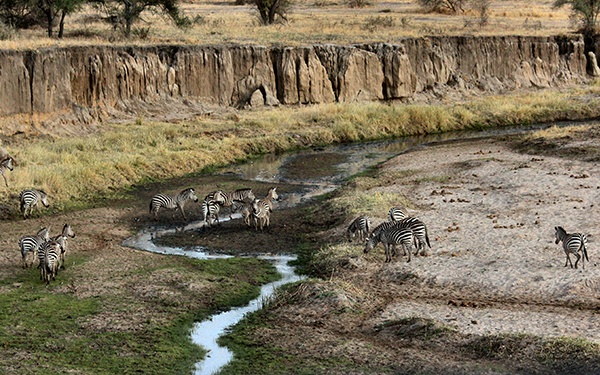Are you thinking about moving to Tanzania from the UK?
On paper Tanzania figures as one of the poorest African countries, but financial wealth aside it has an abundance of natural riches — from incomparable scenery, incredible safari adventures, plains, rivers, lakes, mountains and jungles teeming with wonderful wildlife, sensational beaches, quaint coastal villages, magical islands nestling in the Indian Ocean, and some of the warmest people you are ever likely to meet.
Tanzania is, in short, a paradise on earth, and somewhere which has a lot to tempt Brits to make it their home.
Here’s our guide to living in Tanzania as a UK expat…
Contents
Tanzania Visa Requirements for Brits
Visiting
British citizens require a visa to enter Tanzania. Although it is possible to obtain a tourist visa on arrival it can be a very long wait, so it is advisable to use the quick and easy online e-visa service to apply for a visa before you travel.
A single entry tourist visa allow Brits to enter Tanzania for stays of up to 90 days, and your passport will need to be valid for at least 6 months from your application date.
Working
Brits visiting Tanzania for work purposes for no longer than 6 months can apply online for a regular business visa.
For those who are seeking to live and work on a long term basis you are required to apply for one of 3 permits.
Class A permits are applicable for foreigners who wish to make an investment in the country — this suits self employed Brits setting up their own business in Tanzania.
Class B permits are for expats who have found work with a Tanzanian employer. In the case of a Class B permit, your employer will have to apply on your behalf and provide proof that the role you are taking on cannot be filled by a Tanzanian citizen due to the specialised skill set required. Class B permits are valid for 2 years, after which time they can be renewed provided you have not changed employer.
Class C permits are reserved for volunteer workers, students, researchers and the like. Class C permits also require an employer or sponsor to apply on your behalf.
Permanent Residency
If you have legally lived and worked in Tanzania for 10 years or more, it is possible to apply for permanent residency.
Permanent residency can also be achieved after 5 years of marriage to a Tanzanian, after which time you can be naturalised.
Way of Life in Tanzania
Lifestyle
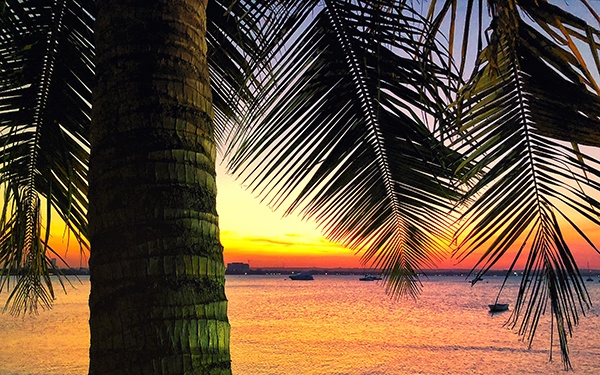
People from more than 120 different tribes make up the mostly African population in Tanzania, with a small proportion of Arabs, Europeans and Indians. As a result the country benefits from a fantastically rich and diverse culture.
Since 1964 Tanzania has been combined with Zanzibar to create the United Republic of Tanzania, and the Tanzanians have strong feelings of national pride and unity, and are a peaceful people.
The national language is Swahili, but English is often spoken in larger towns and cities.
Modern and traditional music plays a major role in social, religious, and cultural events, and works to blend the different cultures together.
Community is hugely important to the Tanzanian people, and they are open and friendly, taking the time to make and nurture friendships and relationships, including those with foreigners.
Food and eating together is an important part of Tanzanian culture, and the cuisine is a delicious mix of Middle Eastern, local African, and Indian flavours. Staple foods include rice and beans, grilled meats and fish, fresh fruit, plantain and maize, and meat stews and curries — as well as some of the best coffee in the world. In the major cities and towns, there is a big nightlife and clubbing scene, and an emphasis on drinking culture.
Brits moving to Tanzania can expect some dramatic lifestyle changes, including the change to a much more laid back pace of life. While this can be much less stressful, it can sometimes also be frustrating when you need to get something accomplished in a hurry.
Be aware also that Tanzania is a relatively conservative country, where displays of public affection are frowned upon, elders are honoured and respected, and clothing should be modest.
One thing that expats from all walks of life love about Tanzania is the great outdoors. Whether you choose to discover it on safari, hiking, sailing, lazing on the beach, or more adrenaline pumping ways such as skydiving or kitesurfing.
Getting Around
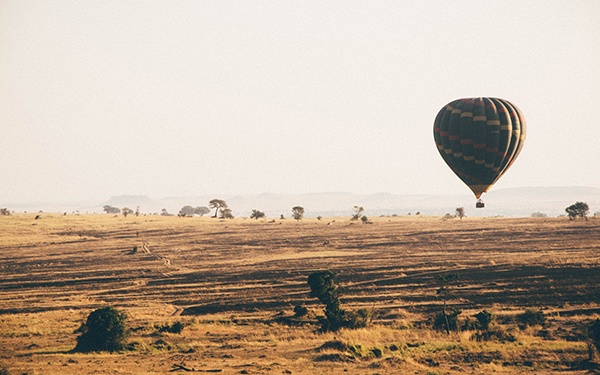
Tanzania is a huge country, so taking a domestic flight is the quickest and most comfortable way to cover long distances between major urban and tourist areas. The air network is reasonable, but delays and cancellations are common.
For more out of the way locations, bus travel is the way to go. Long distance routes are served by both normal and express buses. Wherever possible take the express option as the buses are less crowded, faster, and have air conditioning and on board toilets — well worth paying a little extra. Book in advance to avoid hassle at bus stations. Tickets are reasonably priced.
For shorter trips either minibuses are a common form of transport, but be prepared for an extremely cramped journey.
If you don’t mind going slow and appreciate a scenic view, there are a small number of train lines linking major cities such as Dar es Salaam, Tabora, Mwanza, and Udzungwa.
When staying or living in Tanzania, visiting the islands is an experience not to be missed. You can travel between Zanzibar island and many coastal towns, and between the islands via dhow. Be aware however that whilst these boats may look graceful and romantic, they rarely have any facilities on board, and crossings can be rough, and sometimes dangerous. There are also ferry services which cover many picturesque routes across lakes and out to the islands, but these too are not without risk.
Getting around towns and cities is usually done by hiring a taxi, but you’ll need to negotiate your fare before setting off. Stick to taxi services that are recommended by reliable sources, or which wait at official taxi ranks.
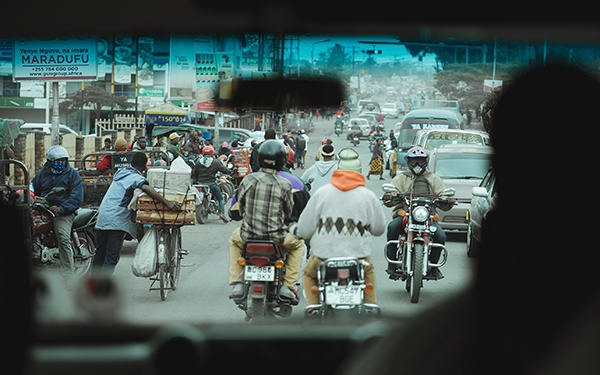
Driving in Tanzania
If you’re thinking of driving in Tanzania, don’t think you’re in for an easy ride.
Road maintenance is poor and local drivers have little respect for the rules and most drive recklessly. Driving at night is not recommended, as wildlife, people, and livestock have a habit of just wandering out into the road. Road accidents and deaths are common.
If you do decide to take on the challenge, be sure to hire a 4WD vehicle that can handle poor road surfaces. You’ll need to be over the age of 23 to hire a car, and ideally have both your UK driving licence and an international driving permit.
Fill up on fuel whenever you can as service stations are few and far between.
Bear in mind however, that many car hire companies will only loan a car to someone with one of their own drivers who is more used to the driving conditions.
Weather in Tanzania
Being so vast and with such varied topography, the weather and climate in Tanzania can change significantly depending on the area.
The climate is generally tropical, with the weather being hottest and most humid in coastal areas, and coolest and most mild in the northern highlands.
Average temperatures on the coast and the central plateaus tend to be around 25 to 31°C during the hottest months of November to February.
In the north October to December and March to June are the rainy reasons, while in southern and western parts of the country there is a single rainy season which lasts from December to April.
Central plateau areas are rarely touched and remain arid most of the year round.
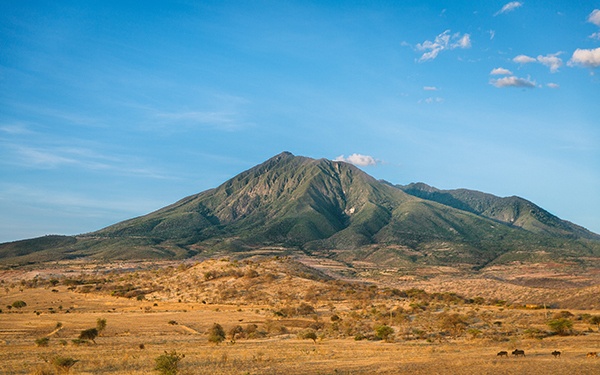
Cost of Living in Tanzania
Lifestyle
Compared to the general cost of living in the UK, living in Tanzania is very low.
Food and clothing can be bought very cheaply at local markets, however in contrast the price of imported western goods is very expensive.
Beer and spirits are also very cheap, and a night out on the town or dinner at a restaurant won’t make a significant dent in your monthly budget.
Transport is affordable, and utilities including water, electricity and gas shouldn’t set you back more than the equivalent of around £25 a month.
Take a look at this great video on living in Tanzania for more info:
Rent
The best quality rental properties for expats are found in the major cities such as Dar es Salaam, Arusha, and Zanzibar, however these western style properties are much more expensive compared to less flashy but still comfortable properties in the suburbs.
That said, any rental property in Tanzania will cost far less than what you would pay for a similar property in the UK.
Unlike Great Britain, haggling for the price of your rental accommodation in Tanzania is the norm, so don’t hesitate to try and get a better deal.
Healthcare
As you would expect for a poor and developing country, the standard of healthcare in Tanzania is far below what we are used to in the UK — particularly public hospitals and medical facilities. The best clinics and hospitals are found in the major urban areas such as Dar es Salaam and Arusha.
When living in Tanzania it is wise to invest in private healthcare insurance to have access to the best facilities and medical staff possible, and be covered in the case of a medical emergency should you need to be evacuated out of the country by air to somewhere with a higher standard of medical care.
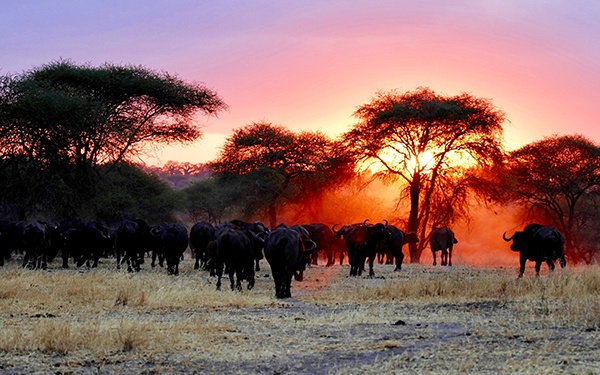
Schooling
As with Tanzania’s healthcare system, the standard of public education is also poor, and the majority of expats living in Tanzania choose to either home school their children, or send them to an international school.
The majority of international schools are based in Dar es Salaam, Moshi, Arusha, and Mwanza, and offer an excellent standard of education with lessons taught in English which follow a familiar curriculum.
Though very expensive, these schools are nevertheless very popular, and places get booked up well in advance, so it’s essential to apply for a place as soon as possible.
Popular Areas for Brits
Dar es Salaam
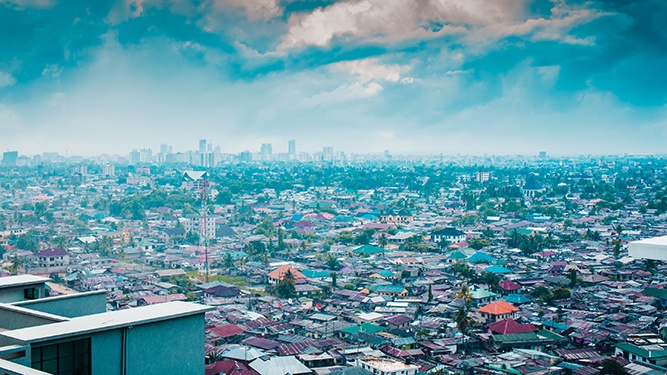
Multicultural Dar Es Salaam is a popular choice for expats, and with good reason. This big, bustling metropolis is one of the busiest ports in Africa, and a hub of trade and commerce.
Despite being such a major city with all the urban chaos that that commands, Dar Es Salaam retains a laid back charm.
The centre boasts fine colonial and art deco architecture alongside contemporary structures, as well as beautiful beaches lined with bars, a wonderful seafront full of excellent markets clubs, and restaurants.
Dodoma
Tanzania’s custom built capital city, Dodoma is the seat of government and politics. It’s a thoroughly modern city with buildings, mosques and churches built on a big scale, and there are a whole range of places to drink, dine, and shop.
Wine buffs will appreciate the fact that Dodoma is situated in the heart of Tanzania’s fast developing wine producing region.
Zanzibar Town
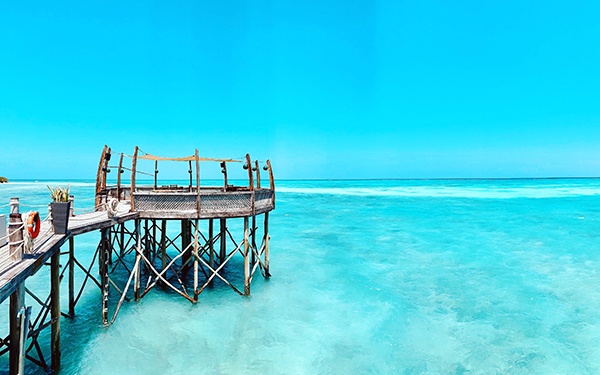
The capital of the exquisite island paradise that is Zanzibar, Zanzibar Town is perfectly placed for all sorts of pleasures, from party hotspots to tranquil, palm fringed beaches, diving with dolphins to exotic markets and top notch restaurants.
The historic heart of the capital is Stone Town, with stunning gardens alongside the waterfront, an ancient Arab fort, and the Museum of History and Culture.
Just a stones throw away lie the atmospheric ruins of the once glorious Maruhubi Palace.
Moshi
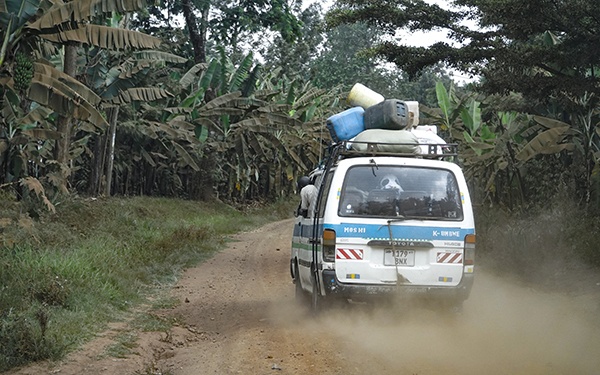
Sitting on the lower slopes of majestic Mount Kilimanjaro, Moshi has a strong colonial influence having been home to many British expats after the end of the 2nd World War.
This tranquil and prosperous town is the starting point for many a trek up the famous mountain, and it is also at the centre of one of Tanzania’s major coffee producing regions.
Mbeya
In southwestern Tanzania, Mbeya is a vibrant town surrounded by stunning mountain vistas, and it is the access point for trade with and travel into Malawi and Zambia, as well as being the ideal base for exploring the nearby verdant mountains and glittering lakes.
Arusha
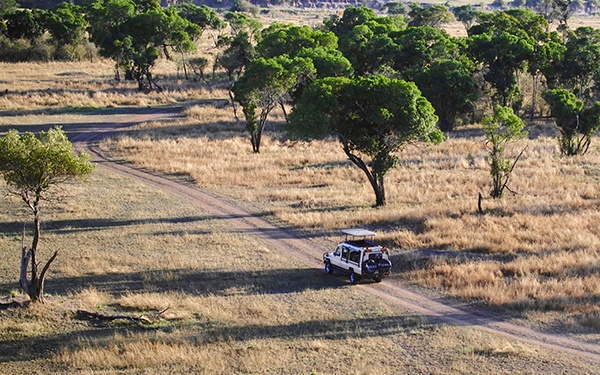
Often referred to as the safari capital of Tanzania, Arusha is a rambling and lively town in at the foothills of Mount Meru.
Arusha attracts vast numbers of tourists who come to experience the incredible safari tours on offer in the surrounding national parks.
The town is lush and verdant and also boasts an agreeable climate, an exciting food scene, and some interesting architecture and historical monuments.
Jobs in Tanzania for British Expats
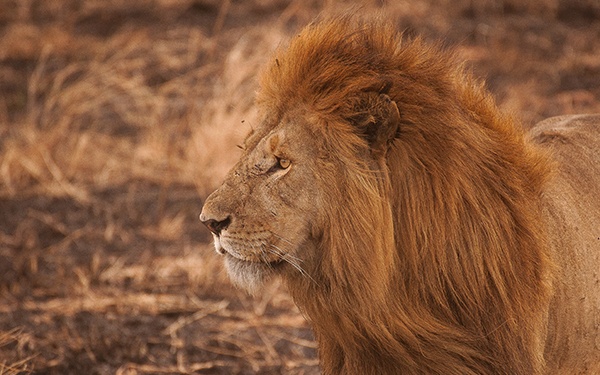
Unemployment is fairly high in Tanzania, and preference for any job is always given to a local citizen over a foreigner.
As such, it can be tricky for expats to find work, and once you do your employer is required to present sufficient evidence that you are not taking a job away from a local.
That said, there are many sectors where expats with the right skill set can find work. These include tourism, IT, energy and renewable power, education, telecommunications, and manufacturing.
Still considering a move to Tanzania from the UK?


